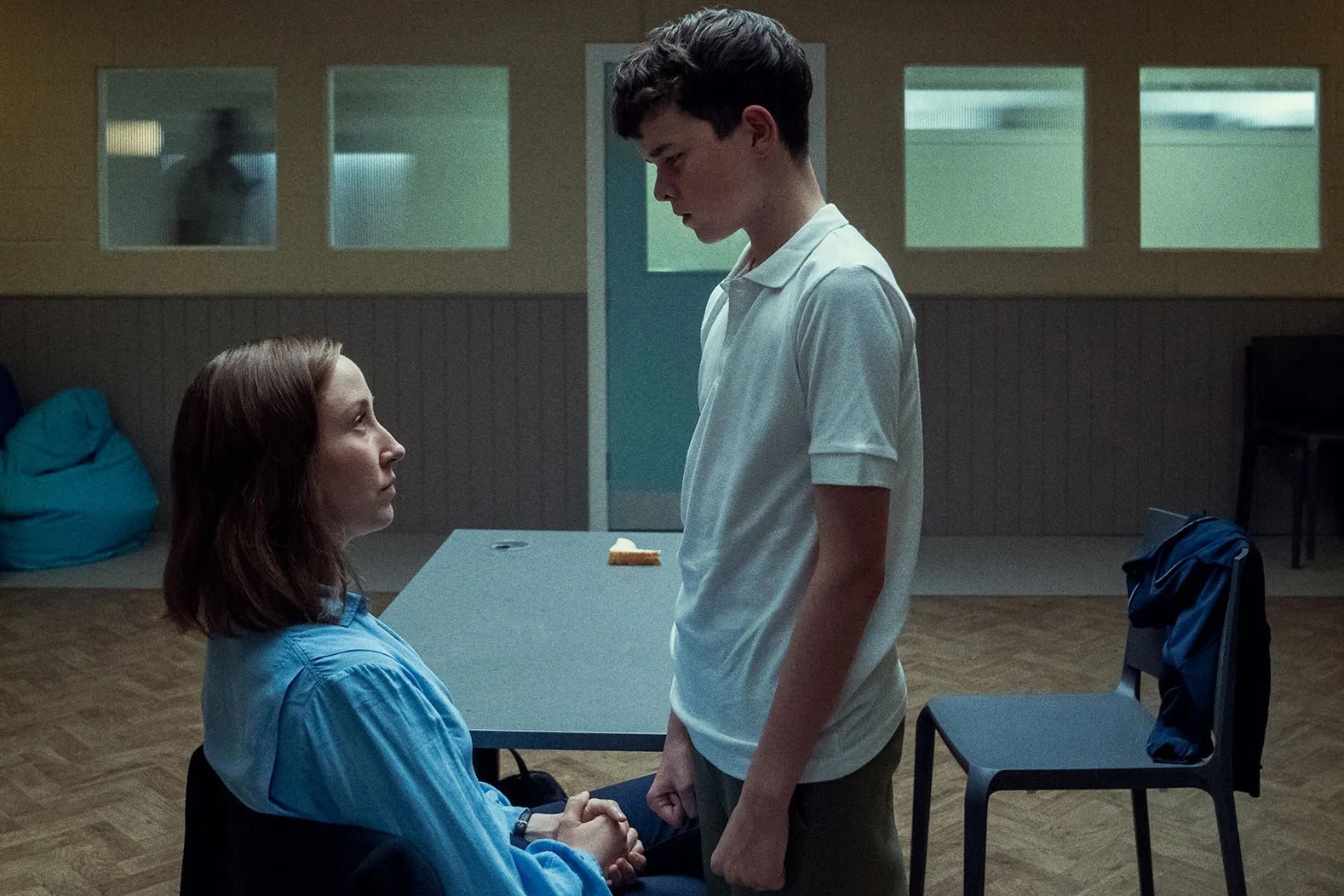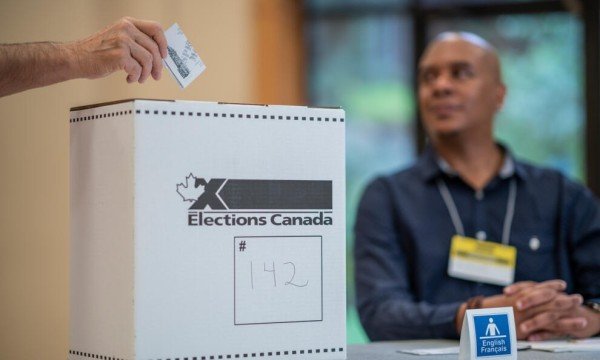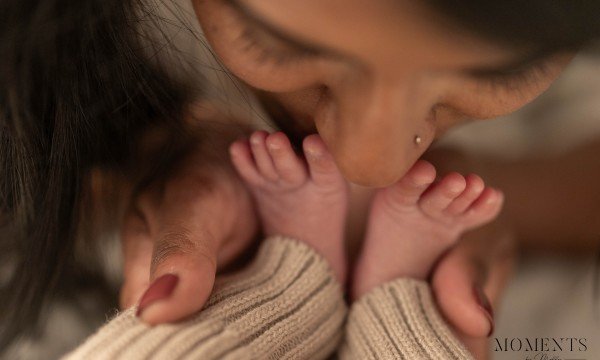
Netflix’s Adolescence (2025) is not an easy watch. It’s intense, chilling, and deeply uncomfortable. But maybe that’s the point.
The British drama follows 13-year-old Jamie Miller after he’s arrested for the murder of his classmate Katie. It’s filmed in one continuous shot per episode—raw, claustrophobic, and unflinching. But what makes it truly haunting isn’t the crime. It’s how invisible the warning signs were to the adults around him. How familiar that silence feels.
As a Tamil woman—and as someone who grew up in a community where boys were told to be tough and girls were told to be quiet—I couldn’t help but watch this show with a heavy heart. Because while Adolescence is set in the UK and wrapped in Western packaging, its themes cut deeply into the unspoken rules of Tamil households too.
The Violence We Don’t Talk About
What happened to Katie wasn’t just one boy’s act of violence. It was the product of a culture that teaches boys to suppress, dominate, and detach. In Tamil homes, we may not use the word misogyny, but we see its fruits:
-
Girls expected to serve tea while boys lounge
-
Fathers who yell but never explain
-
Sons who are never taught how to handle rejection, failure, or shame
-
Daughters raised with fear stitched into their every movement
Adolescence forces us to confront a brutal truth: violence doesn’t begin with fists. It begins with silence.
If Jamie Were Tamil…
Let’s be honest. If Jamie were from a Tamil household, how different would things be? Would his mother have noticed his withdrawal, or dismissed it as “teenage moodiness”? Would he have had a safe space to talk, or would he be told, “You have food, clothes, and a house—what more do you want?”
Would anyone have talked to him about healthy masculinity? About respect? About sex?
Unlikely.
Tamil boys are often raised with two role models: the silent provider or the volatile authority figure. Vulnerability isn’t just discouraged—it’s punished. And emotional literacy? Non-existent. So where do our boys take their confusion, rage, or shame? Often, into the shadows—online echo chambers, rage-fuelled content, or internalised self-loathing.
Sound familiar?
But It’s Not Just the Boys
Katie’s story mirrors the reality many Tamil girls know too well. Being over-policed, under-heard, and raised to believe that safety is their responsibility. “Don’t go out late.” “Don’t wear that.” “Don’t talk to boys.” We’re taught to manage male violence instead of calling it out.
So when Adolescence shows the heartbreaking consequences of a culture that fails both boys and girls—it hits home.
What Now?
It’s easy to watch a show like Adolescence and say, “That’s a white people problem.” But look around. We’ve had our own Katies. We’ve raised our own Jamies. We’ve just refused to name them.
If we want to do better as a community, we need to:
-
Teach Tamil boys how to feel—not just how to succeed
-
Let Tamil girls speak—and believe them when they do
-
Talk about misogyny, even if the word makes elders uncomfortable
-
Create homes where love is not just duty, but dialogue
Because silence is not protection. It's a breeding ground.
Final Thoughts
Adolescence (2025) doesn’t offer a happy ending. But maybe it’s a wake-up call. One that Tamil households need more than ever. Not because we’re worse—but because we’ve been quieter.
It’s time we unlearn the silence that’s been passed down like a family heirloom.
Let’s talk to our kids before someone else does. Let’s listen, even when it’s uncomfortable.
Let’s make sure our next generation never has to learn empathy from a Netflix show.



























